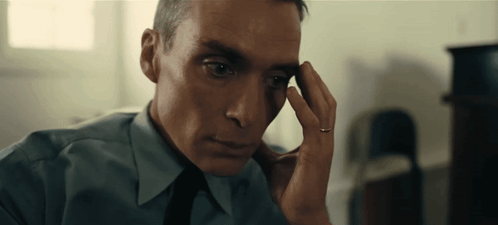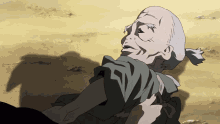
GuidanceIf you want to translate into another language, please use the translate feature in your browser.

1. The Opening — The Scientist’s Last Night
The night was silent. In a small study in 13th-century Seville, an elderly man hunched over a wooden desk. An oil lantern flickered, casting shadows across walls lined with scrolls. His trembling hands kept writing, recording the properties of plants he had discovered along the Mediterranean coast.
He knew his time was short. Yet in every word he wrote, there was a conviction: this knowledge would outlive him. That one day, in some distant land, in some unknown century, someone would open these notes and find a cure to save a life.
The man’s name was Ibn al-Baitar — a Muslim physician and botanist who documented more than 1,400 medicinal plants in his monumental work Al-Jami fi Al-Tibb. This book became a cornerstone of pharmaceutical science for centuries, still referenced in Europe during the Renaissance, hundreds of years after its author had passed away.
2. A Legacy That Doesn’t Die
Ibn al-Baitar’s story proves that our work can be like a river — flowing endlessly, even when its source is no longer visible.
- A living legacy — Though his body has long returned to the earth, his knowledge still “breathes” in the hands of physicians, pharmacists, and scientists.
- A chain reaction — Each generation builds upon the foundation he laid.
- Inspiration across time — He did not write for fame, but for usefulness. And that is precisely what made him immortal.

3. Why Work Can Outlast Time
- Transfer of Knowledge
Once an idea is shared, it can be taught, adapted, and refined by others. - Enduring Physical Forms
Buildings, tools, and works of art stand as tangible evidence of human effort. - Cultural Memory
Stories, traditions, and creative works embed themselves in the identity of communities. - The Innovation Chain
Every discovery becomes the stepping stone for the next.
4. Analogy — Planting Trees We’ll Never Sit Under
Creating something meaningful is like planting a tree, knowing we may never sit in its shade. Others will — and that is the essence of true legacy: giving without needing to witness the final bloom.
5. Other Real-World Examples from Pharmacy
- Alexander Fleming discovered penicillin in 1928. He died in 1955, yet his antibiotic still saves millions of lives every year.
- Tu Youyou, a Chinese scientist, discovered artemisinin to treat malaria. Her finding continues to be used worldwide, even in places she may never visit.
6. The Echo of Human Effort
Think of the pharmacist-scientists of centuries past. Many of them are long gone, their names fading from common memory. Yet the medicines they developed still save lives today. A formula scribbled in a notebook decades ago might now be packaged in a vial, carried in a doctor’s hand, and given to a patient who will never know the inventor’s name.
The same is true for countless creators:
- An engineer whose bridge still carries thousands across a river.
- A writer whose words still inspire readers long after the ink dried.
- A teacher whose lessons ripple through generations of students.
The Flow of Influence
Our work doesn’t just survive; it evolves. A scientific theory may be refined, a song reinterpreted, a design improved. In this way, our contributions are not static monuments but living streams, fed by new minds and new hands.
7. Reflective Closing — The Current That Keeps Flowing
“We are temporary, but what we give can be permanent.”
We may not choose when our lives end, but we can choose what we leave behind. Every idea, creation, and act of kindness is a ripple that will keep moving, touching shores we will never see.
Perhaps this is how we defy mortality: not by living forever, but by ensuring that something of us remains in the world — flowing, evolving, and bringing benefit, even after we are gone.
The thought can be humbling — and liberating. If we focus on creating work that matters, we can accept that our role is to start the ripple, not to control where it reaches. Our lives may end, but the current we set in motion can keep moving, touching shores we’ll never see.

